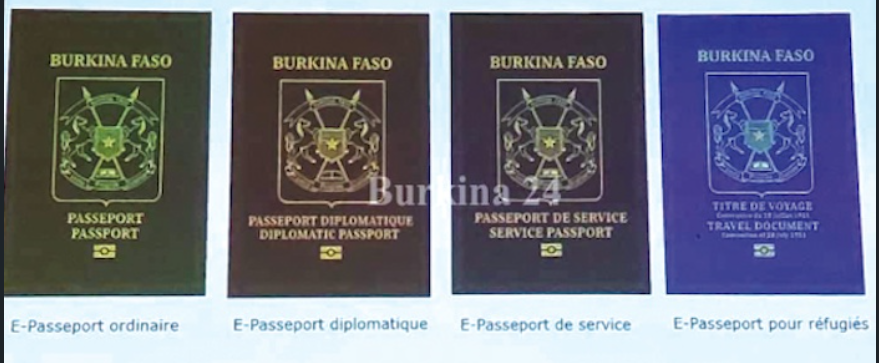 In a bold move signaling deepening political rifts, Burkina Faso, Mali, and Niger have announced their decision to distance themselves from the Economic Community of West African States (ECOWAS) and issue their own joint passports. This comes after mounting tensions between the three Sahelian nations and ECOWAS, exacerbated by recent sanctions and diplomatic pressure following military coups in all three countries.
In a bold move signaling deepening political rifts, Burkina Faso, Mali, and Niger have announced their decision to distance themselves from the Economic Community of West African States (ECOWAS) and issue their own joint passports. This comes after mounting tensions between the three Sahelian nations and ECOWAS, exacerbated by recent sanctions and diplomatic pressure following military coups in all three countries.
The newly formed coalition, often referred to as the Sahel Alliance, aims to create a unified front against ECOWAS’ punitive measures, which were enacted in response to what the regional bloc described as unconstitutional changes in governance. The issuance of a joint passport symbolizes a strong rejection of ECOWAS policies and a step toward establishing greater independence from West African institutional frameworks.
The joint passport, which the alliance claims will promote easier movement between their borders and strengthen regional ties, is being seen as both a political statement and an attempt to assert control over their national sovereignty. Leaders of Burkina Faso, Mali, and Niger have expressed that this move is part of broader efforts to enhance cooperation, security, and economic integration outside the scope of ECOWAS’ influence.
In a joint statement, the leaders declared that ECOWAS has failed to address the real security and development challenges facing their countries and accused the bloc of aligning with external powers, notably France, in ways that undermine the sovereignty of their nations. They also criticized ECOWAS sanctions as disproportionately affecting the livelihoods of ordinary citizens.
 The announcement has sent shockwaves across West Africa, with analysts warning of a growing divide between the pro-ECOWAS bloc and this emerging Sahelian alliance. While some have raised concerns about the long-term implications for regional stability and cooperation, others see this as a potential pivot toward new geopolitical dynamics in West Africa.
The announcement has sent shockwaves across West Africa, with analysts warning of a growing divide between the pro-ECOWAS bloc and this emerging Sahelian alliance. While some have raised concerns about the long-term implications for regional stability and cooperation, others see this as a potential pivot toward new geopolitical dynamics in West Africa.
The introduction of the joint passport is scheduled for implementation within the next year, and it remains to be seen how ECOWAS and the broader international community will respond to this defiant move. Meanwhile, citizens in the three countries have expressed mixed reactions, with some celebrating the increased autonomy, while others fear the repercussions of further isolating themselves from regional integration efforts.
As Burkina Faso, Mali, and Niger continue to navigate their relationship with ECOWAS, this development marks a critical turning point in the geopolitical landscape of West Africa, potentially reshaping alliances and influencing the future of governance in the region.
Ennywealth


